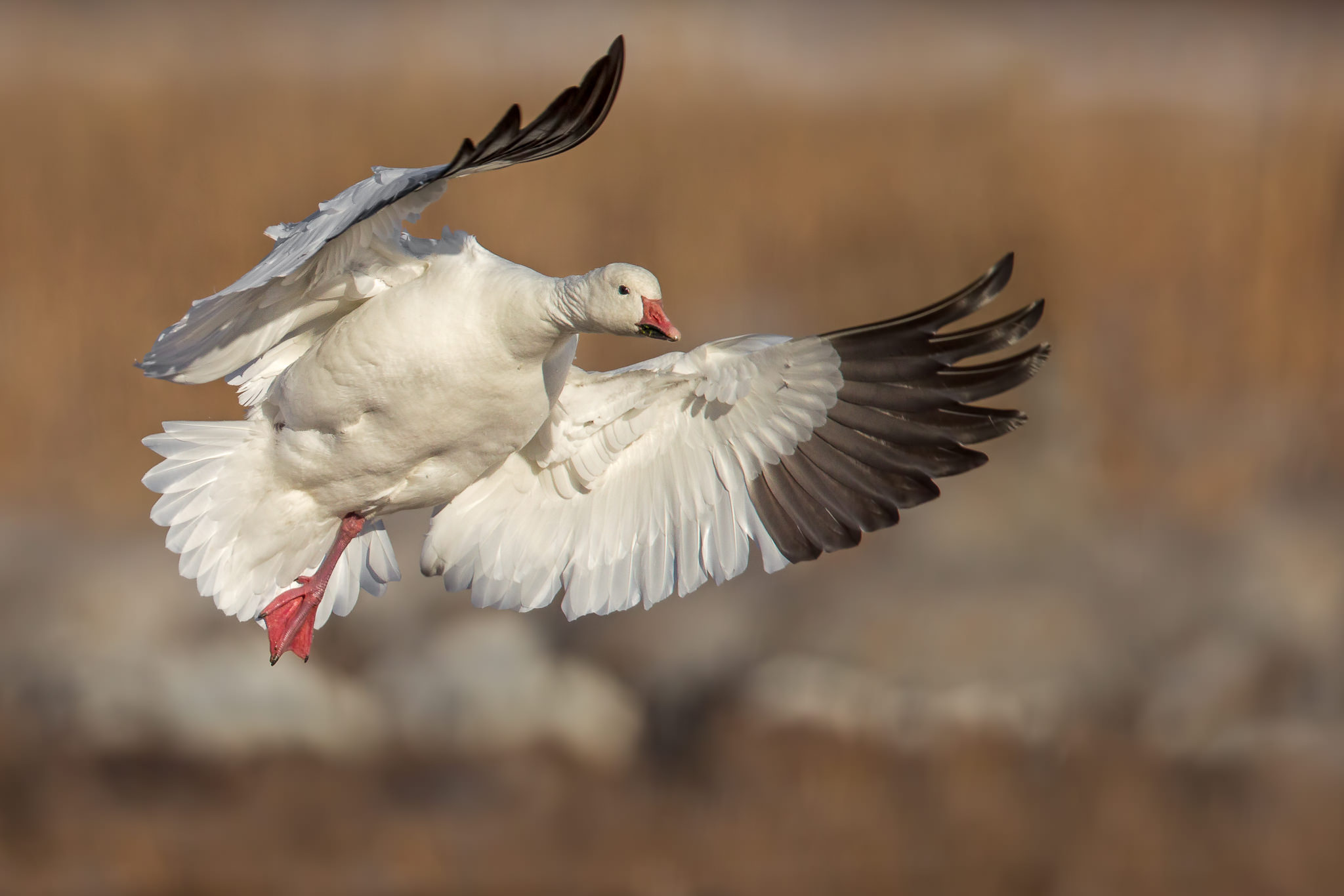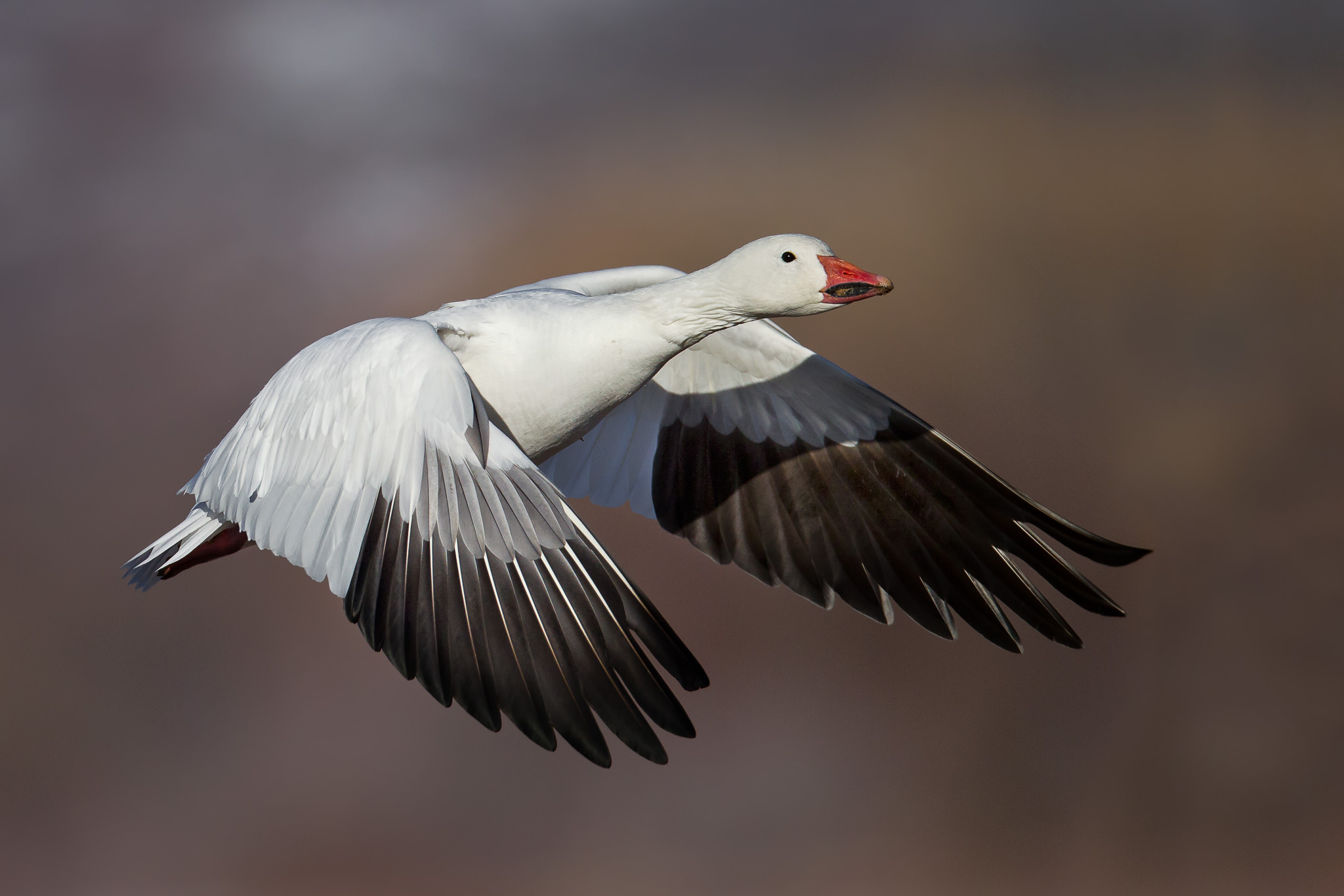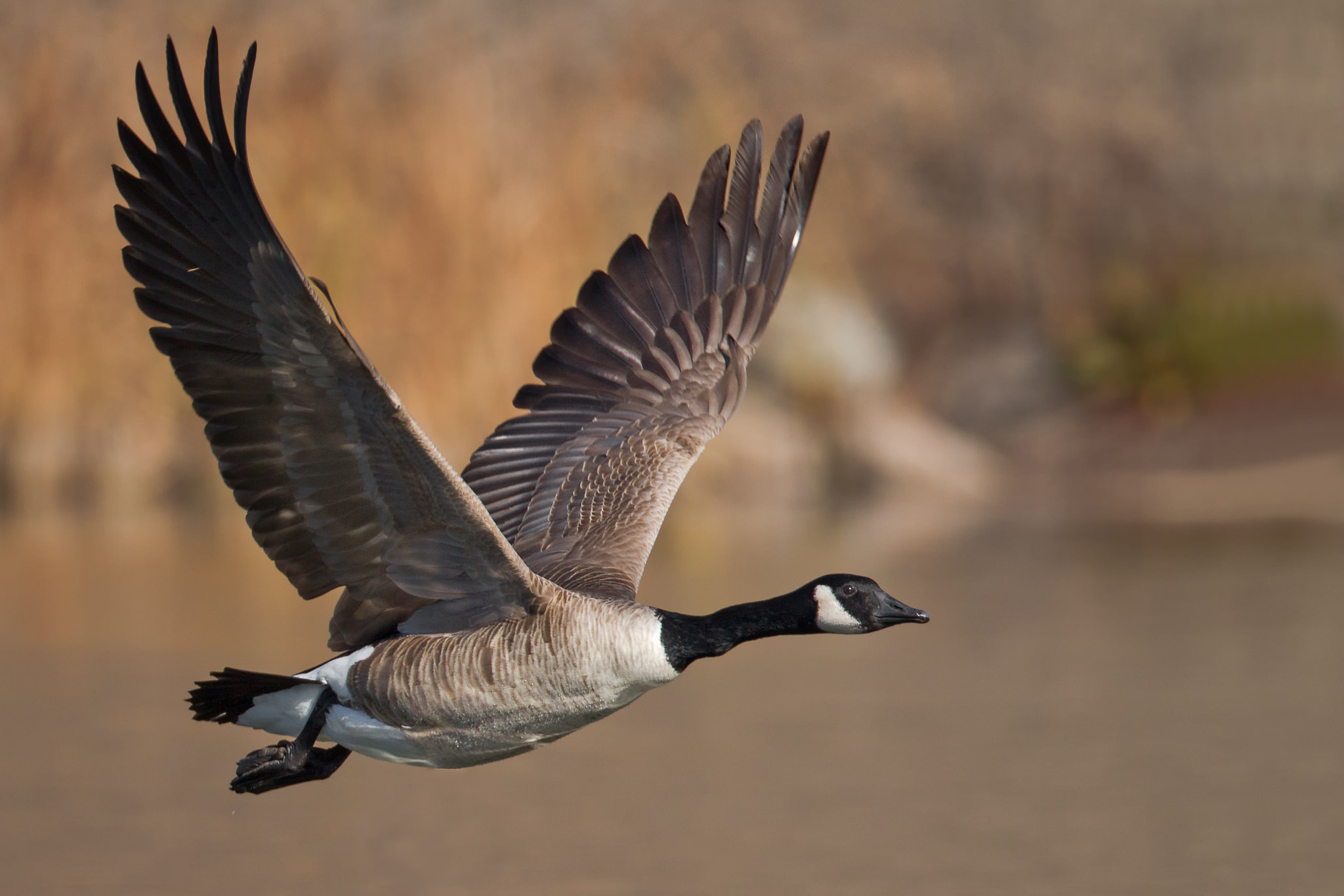Geese are waterfowl belonging to the tribe Anserini of the family Anatidae. This tribe comprises the genera Anser (the grey geese), Branta (the black geese) and Chen (the white geese). A number of other birds, mostly related to the shelducks, have “goose” as part of their names. More distantly related members of the Anatidae family are swans, most of which are larger than true geese, and ducks, which are smaller.
The word “goose” is a direct descendent of Proto-Indo-European root, *ghans-. In Germanic languages, the root gave Old English gōs with the plural gēs and gandres (becoming Modern English goose, geese, gander, and gosling, respectively), Frisian goes, gies and guoske, New High German Gans, Gänse, and Ganter, and Old Norse gās. This term also gave Lithuanian žąsìs, Irish gé (goose, from Old Irish géiss), Latin anser, Greek χήν/khēn, Dutch gans, Albanian gatë (heron), Sanskrit hamsa and hamsi, Finnish hanhi, Avestan zāō, Polish gęś, Russian гусь, Czech husa, and Persian ghāz.
The term goose applies to the female in particular, while gander applies to the male in particular. Young birds before fledging are called goslings. The collective noun for a group of geese on the ground is a gaggle; when in flight, they are called a skein, a team, or a wedge; when flying close together, they are called a plump.
Source: wikipedia




